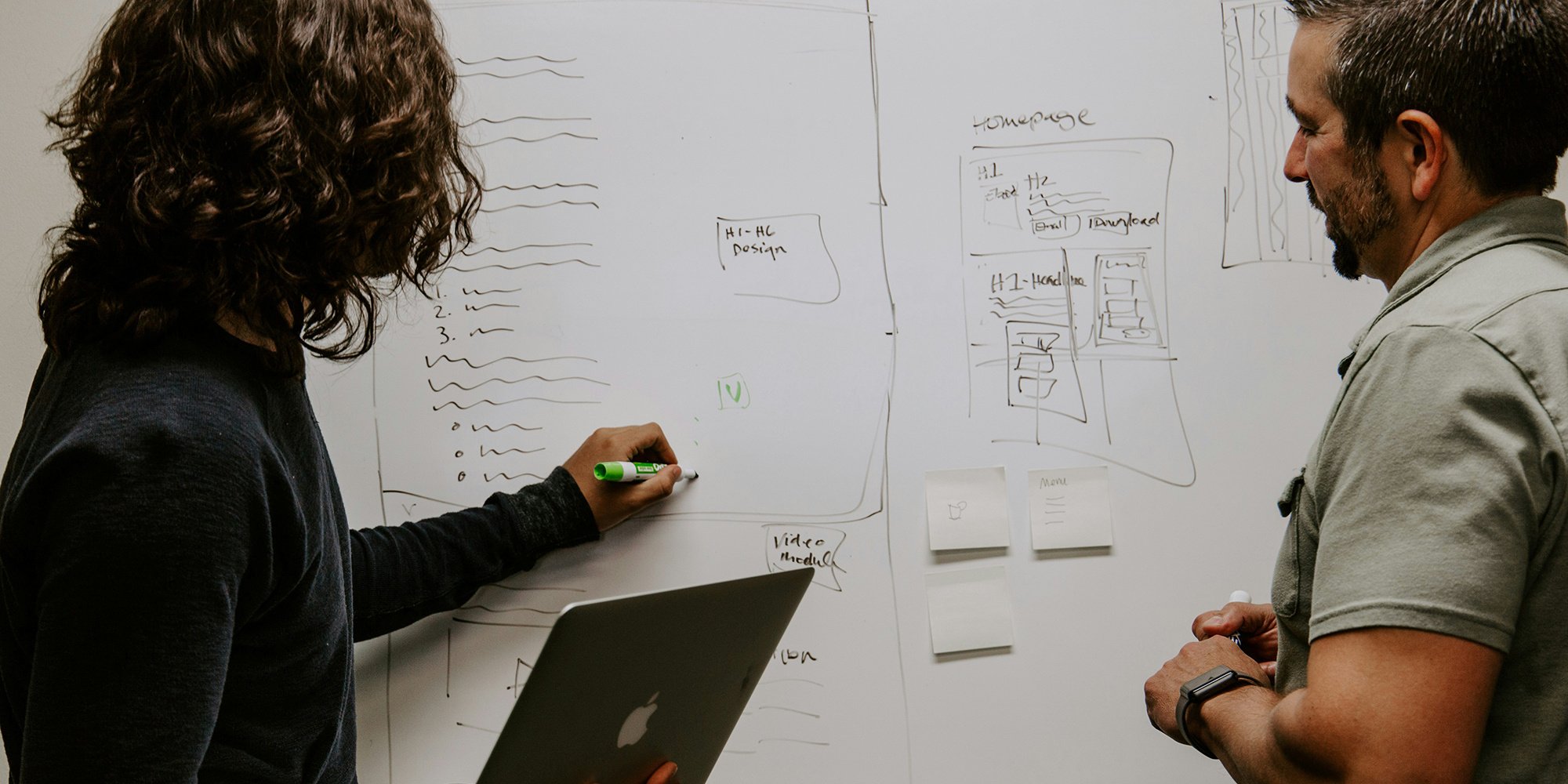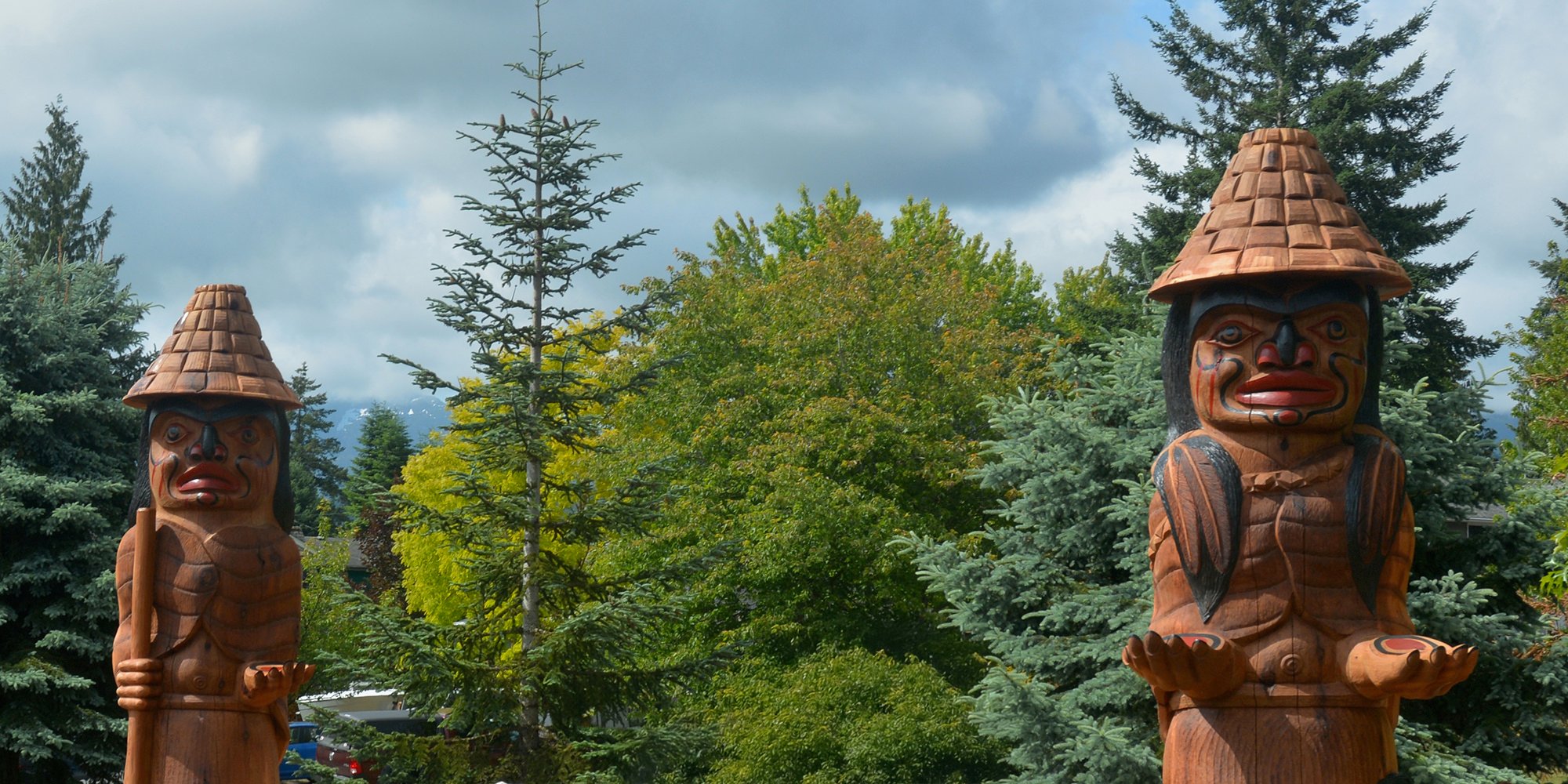Why Pre-Engagement Research of Indigenous Communities is Important
There are many reasons for researching an Indigenous community but for the purposes of this article, we are talking about research in terms of a...

The foundation of meaningful engagement with an Indigenous community is trust. Earning that trust will take time, consistency, and transparency. The key to understanding why trust is not readily given lies in the history of Indigenous relations in Canada. It is next to impossible to respectfully and effectively engage with an Indigenous community without knowledge of this history.
A frequent question in our training is how much time a project proponent should anticipate effective engagement to take. There isn’t a simple answer to that question for a couple of reasons. First, engagement is not “one size fits all” - each community is unique unto itself as is each company and each project. Second, prior to engaging with the community, you can’t predict how the relationship will unfold, or how you, your team, and your project will be viewed. With just those two factors in mind, it becomes clear that an engagement strategy can’t be built with a rigid timeline nor can it be fast-tracked. It also means that your engagement strategy should be written into the early phases of your project plan.
Engagement should not be something done off the corner of the desk. It’s a critical component of your development plans and should be afforded an appropriate budget. Hiring a qualified Indigenous Engagement Specialist would be an asset for both your company and the community you hope to work with. The advantage lies in that person being the sole point of contact which ensures that the community has someone reliable and knowledgeable to approach with questions, and messaging about the company and project is on point. An Indigenous Engagement Specialist does not have to be an Indigenous person but they should at the very least have had training in Indigenous awareness.
How do you earn the trust that’s the foundation of an effective Indigenous pre-engagement strategy? Through the three Rs of engagement:
Long before you engage with a community, do your due diligence. Developing a holistic understanding of the community before you interact with them is critical.
Here are some areas you need to include in your research:
Don’t overlook the value of social media as a source of current information about the community and what is important to them. If there’s something of issue, community members are more than likely to take to social media to voice their opinions.
35(1) The existing aboriginal and treaty rights of the aboriginal people in Canada are hereby recognized and affirmed.
(2) In this Act, “Aboriginal Peoples of Canada “includes the Indian, Inuit, and Métis Peoples of Canada.
(3) For greater certainty, in subsection (1), “treaty rights” includes rights that now exist by way of land claims agreements or may be so acquired.
(4) Notwithstanding any other provision of this act, the aboriginal and treaty rights referred to in subsection (1) are guaranteed equally to male and female persons. [1]
Article 32.1
States shall consult and cooperate in good faith with the indigenous peoples concerned through their own representative institutions in order to obtain their free and informed consent prior to the approval of any project affecting their lands or territories and other resources, particularly in connection with the development, utilization or exploitation of mineral, water or other resources.
An effective Indigenous pre-engagement strategy focuses on building the relationship. It will take time and energy to earn the trust of an Indigenous community so plan to maintain and enjoy the relationship long term.
[1] Constitution Act, 1982, being Schedule B to the Canada Act 1982 (U.K.), 1982, c. 11.
[2] United Nations Declaration for the Rights of Indigenous Peoples 2007

There are many reasons for researching an Indigenous community but for the purposes of this article, we are talking about research in terms of a...

It is essential when working with some of the hundreds of First Nations, Inuit, and Métis communities across Canada on industrial, social, and ...

Early, respectful, transparent and consistent communication with Indigenous communities is the foundation of any good engagement strategy. In order...